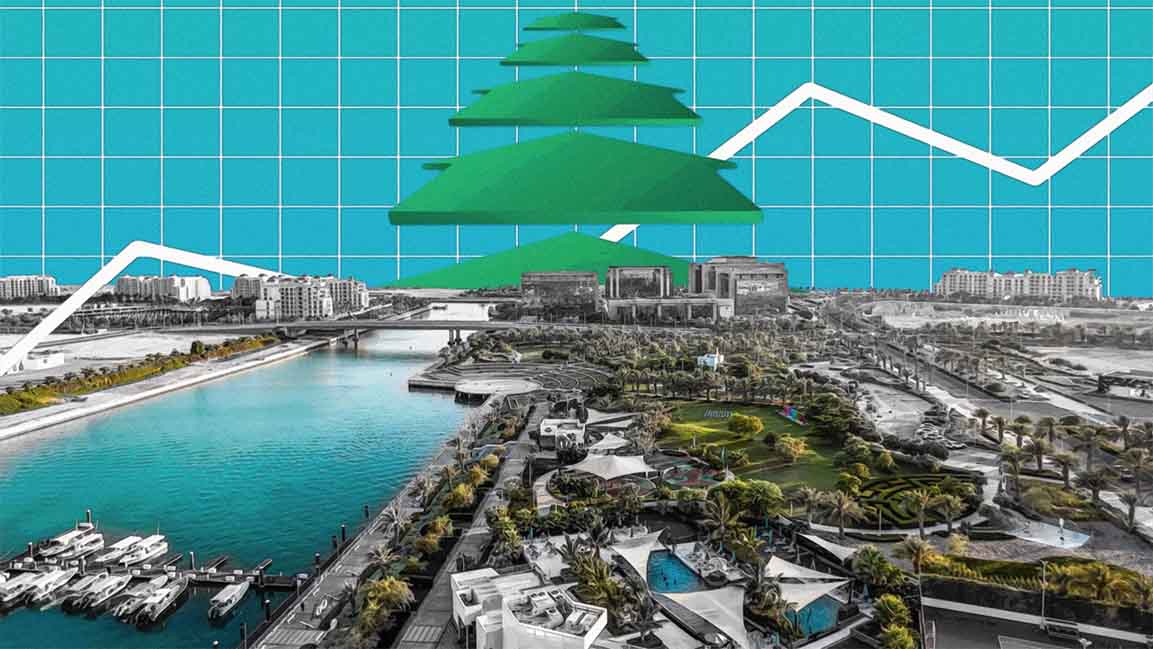- | 11:00 am
Saudi Arabia’s SEZs secure $12.6 billion in investments
The official launch of the four Special Economic Zones at the Saudi Special Economic Zones Investment Forum includes an announcement of $31 billion in additional investments, marking a step towards transforming the Kingdom into a global business center.

Saudi Arabia is determined to become a leading global investment hub and recently introduced four Special Economic Zones (SEZs) with this goal in mind. The SEZs aim to enhance the country’s trade balance, boost employment, attract higher investments, and foster job creation.
Before their official launch on Monday, the SEZs secured investments totaling $12.6 billion from maritime, mining, manufacturing, logistics, and technology sectors. During the Saudi Special Economic Zones Investment Forum, it was revealed that the SEZs are expected to receive an additional investment of $31 billion. These zones are crucial in attracting investments, fostering business growth, and generating opportunities within the Kingdom.
The SEZs established in the Kingdom include King Abdullah Economic City, Jazan, Ras Al Khair, and Cloud Computing in the King Abdulaziz City for Science and Technology. These zones are designed to provide financial and non-financial incentives to companies, aligning with the Kingdom’s vision of becoming a prominent global business center. Their primary focus will be on key sectors with significant growth potential, such as manufacturing, cloud computing, medical technology, and maritime industries.
Aligned with Vision 2030, these SEZs are integral to Saudi Arabia’s economic transformation, aimed at reducing its reliance on oil and implementing comprehensive business reforms.
Khalid Al Falih, Minister of Investment and Chairman of the Economic Cities and Special Zones Authority (ECZA) said, “The zones are part of efforts to strengthen our standing as an investment hub and provide businesses with a launch pad for growth to new targeted markets.”
He added, “Globally, SEZs have gained renewed relevance as part of broader industrial policies’ trend to attract FDI and supply chains. Today’s special economic zones must go beyond financial incentives and infrastructure to delivering “soft incentives”, such as overcoming supply chain bottlenecks through business-enabling regulations.”































